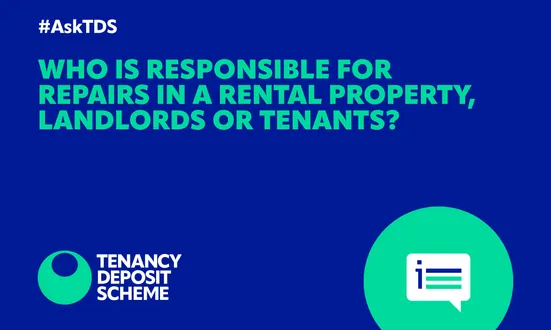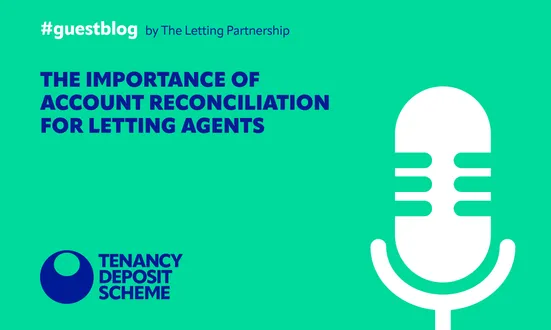This article has been written in response to a tenant’s query: “Why does TDS need my email address or mobile number?”
When a landlord or agent registers a tenancy deposit with TDS, they must input some basic information about the tenancy; this includes the property address, deposit amount and the tenancy start and expected end dates as well as information about each tenant. When adding information about tenants on the TDS Custodial website, the landlord or agent must add contact details (either an email address or mobile number) for each tenant to allow TDS to contact them. The email address input for the tenant is not only the means we use to communicate with them, but it also becomes a tenant’s username to log in and view their tenancy deposit certificate as well as submit a repayment request once the tenancy ends. Where there is more than one tenant, each tenant will need their own email address or mobile number and a single email address cannot be duplicated for multiple tenants.
Within the TDS Custodial Scheme, where only a mobile number is supplied, TDS are able to text or write to the tenant to both confirm the deposit is protected and to request they activate their account for raising or responding to a repayment request at the end of the tenancy.
Once a tenancy comes to an end, either party can inform TDS that the tenancy has ended and request the return of the deposit. In order to release the deposit money, both parties must confirm agreement of any deductions. In TDS’ experience, where contact details are current and up to date the return of the deposit can be seamless as the parties are more likely to respond. Without the relevant contact details, you may find yourself having to go down the statutory declaration route which is a legislative requirement of a custodial scheme when one of the parties is not engaging.
In the TDS Insured Scheme, should the parties be unable to reach an agreement on the return of the deposit, either party can raise a dispute with TDS. If a landlord or agent reaches the end of the tenancy and has no means to contact the tenant, by law TDS cannot adjudicate. If the missing party cannot be contacted within 3 months, the only alternative is to go through court so it is important to ensure all contact information is accurate.
Who does TDS communicate with when there are multiple tenants?
For properties and tenancies involving joint tenants, all tenants should be added to the deposit protection and have details entered on the TDS database. TDS uses a lead tenant model, meaning one tenant raises or responds to repayment requests or deals with the administration relating to a dispute.
TDS is different from other scheme providers as communication is possible with all tenants. With TDS Insured, a first past the post system operates for deposit disputes, this means whoever responds to the dispute first becomes the lead tenant. In TDS Custodial, the agent or landlord designates a lead tenant but it is easy to change this later down the line, for example if the lead tenant is on holiday or uncontactable in the event of a dispute.
About TDS:
Tenancy Deposit Scheme (TDS) is a government approved scheme for the protection of tenancy deposits; TDS offers both Insured and Custodial protection and also provides fair adjudication for disputes that arise over the tenancy deposits that we protect.
We provide invaluable training in tenancy deposit protection and disputes for agents and landlords through the TDS Academy as well as joining with MOL to provide the Technical Award in Residential Tenancy Deposits.
TDS Insured Scheme: where a TDS member can hold the tenancy deposits as stakeholder during the term of the tenancy.
TDS Custodial Scheme: where TDS hold the deposit for the duration of the tenancy.
TDS Academy: TDS provides property professionals with invaluable training in tenancy deposit protection and tenancy deposit disputes.
TDS can only comment on the process for our scheme, other deposit protection schemes may have a different process/require different steps. Content is correct at the time of writing.
Other news stories


